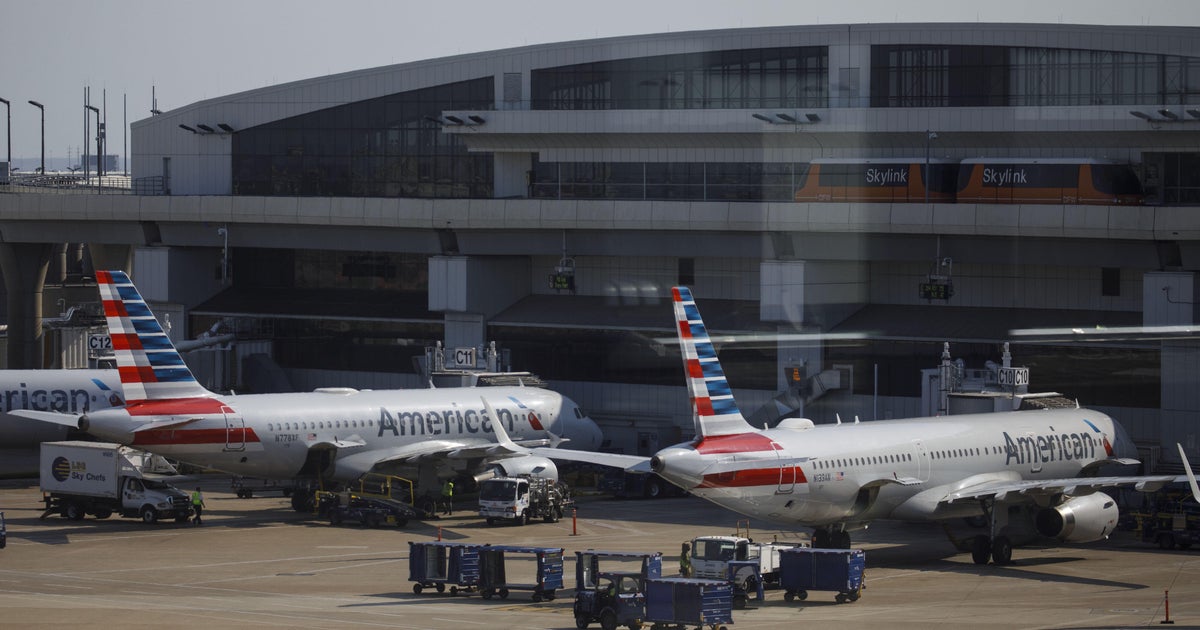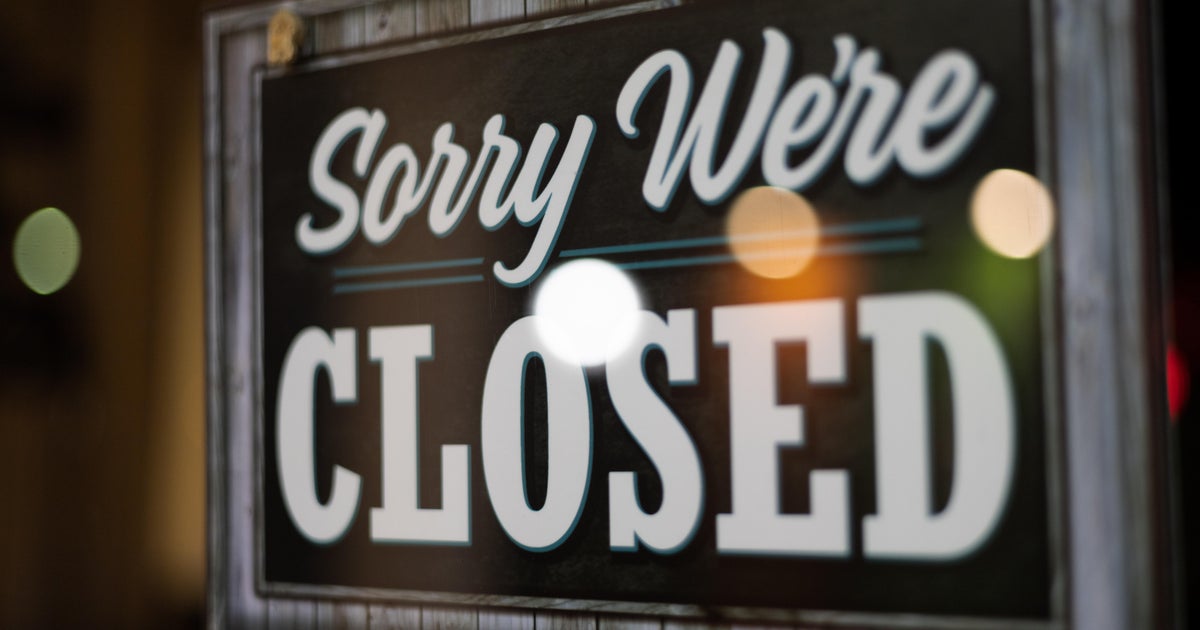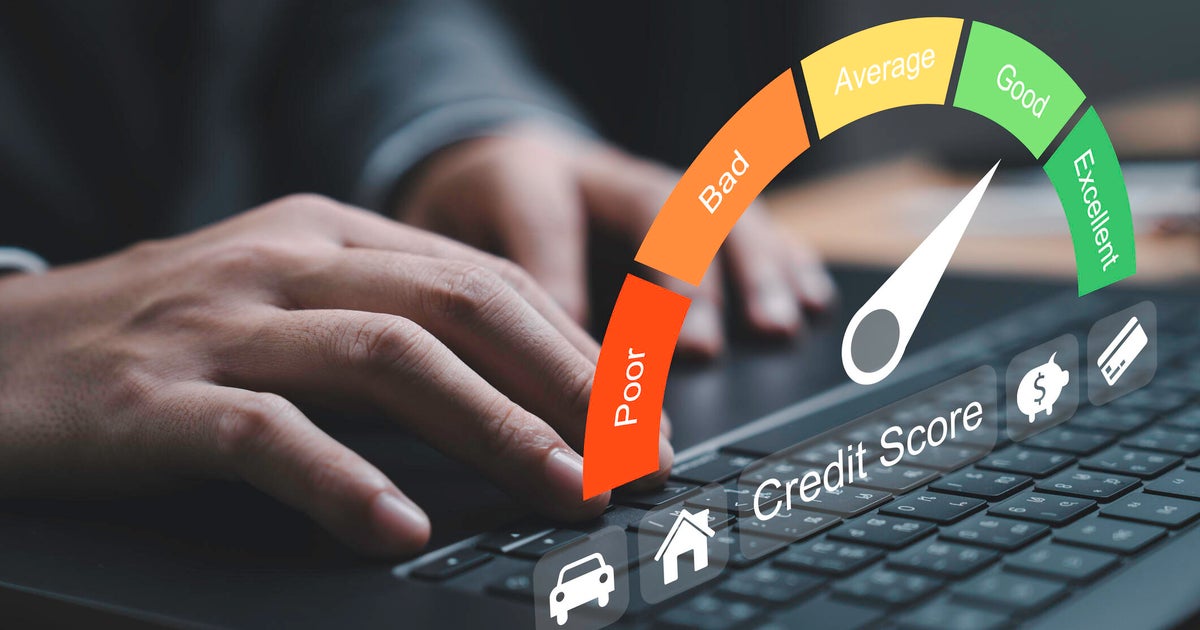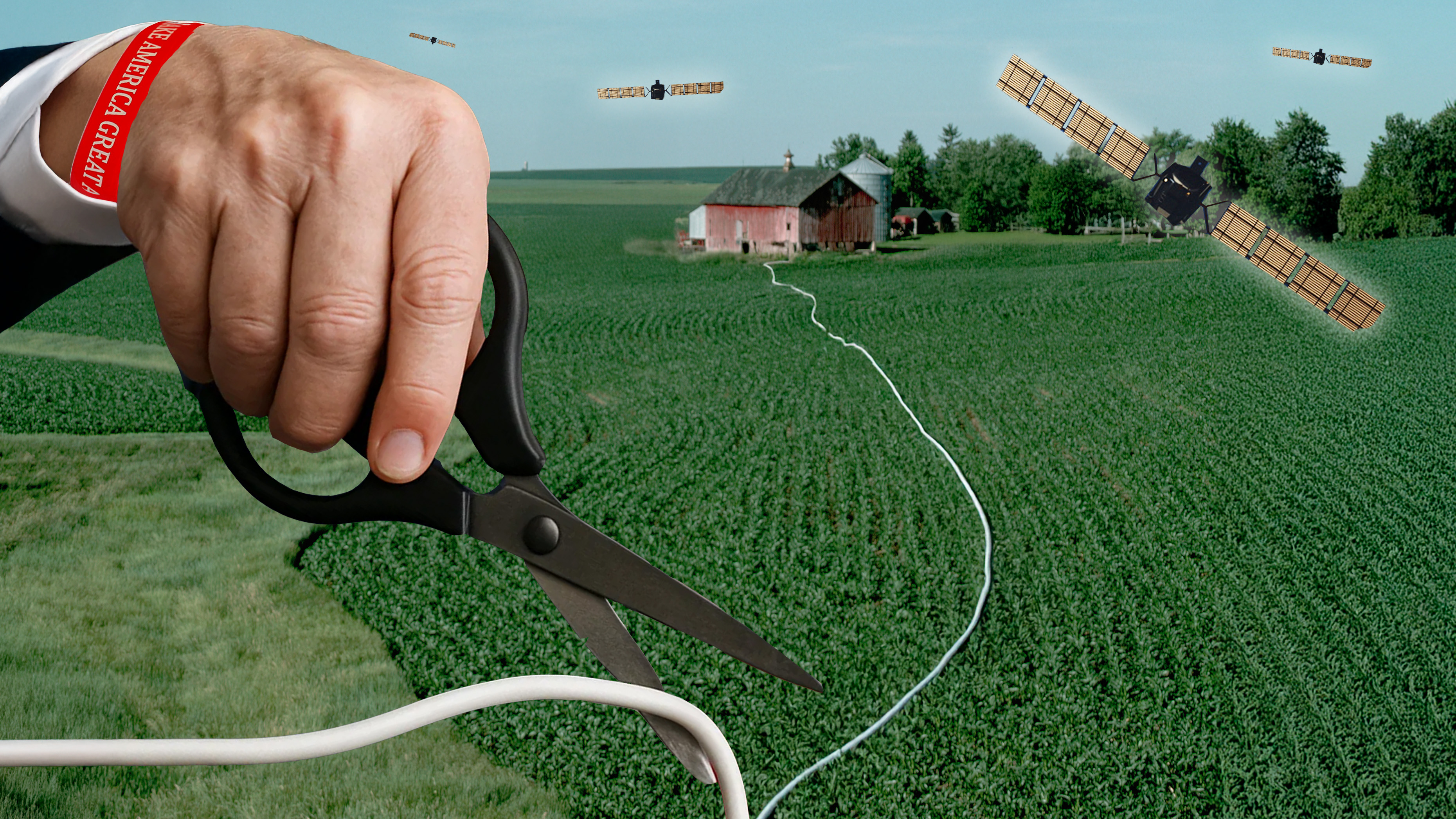Biden is canceling $7.4 billion in student debt for 277,000 borrowers. Here's who is eligible.
The Biden administration on Friday said it's canceling $7.4 billion in student debt for 277,000 borrowers, with the recipients scheduled to receive emails today to alert them to their loan discharges.
The latest effort extends the debt relief provider under President Joe Biden after the Supreme Court last year blocked his administration's plan for broad-based student loan forgiveness. With the latest batch of loan cancellations, the White House said it has forgiven about $153 billion in debt for 4.3 million student borrowers.
Biden, who had made student loan relief a major campaign pledge, is tackling an issue that affects about 43 million Americans with a combined $1.7 trillion in student debt. It's a burden that some borrowers and their advocates say has harmed their ability to save for a home or achieve financial milestones, an issue that was echoed by Education Secretary Miguel Cardona in a conference call with reporters.
"I talked to a teacher in New York this week who took out a loan for $30,000," Cardona said Friday, "and after over a decade of paying and being a teacher the debt was $60,000, and she was saying that the interest was so high that the payments that she was making wasn't even touching her principal."
He added, "We are fixing a broken system. We're relentless and taking steps to transform a broken system into one that works people across the country."
Here's what to know about who is eligible for the latest round of forgiveness.
Who qualifies for the student loan forgiveness?
Three groups of people qualify under the latest round of debt relief, the White House said.
- $3.6 billion for 206,800 borrowers enrolled in the SAVE plan.
About $3.6 billion will be forgiven for nearly 207,000 borrowers enrolled in the Saving on a Valuable Education (SAVE) plan, an income-driven repayment program, or IDR, that the Biden administration created last year.
The White House said borrowers who are getting their debt discharged under SAVE had taken out smaller loans for their college studies. The plan allows people to receive forgiveness after they made at least 10 years of payments if they originally took out $12,000 or less in loans to pay for college; borrowers with larger loans are eligible after 20 or 25 years of repayment, depending on what types of loans they have.
"You sacrifice and you've saved for a decade or more to make your student loan payments, and you originally borrowed $12,000 or less, you're going to see relief," Cardona told reporters. "An overwhelming number of those who qualify for SAVE were eligible for Pell grants and come from low- and middle-income communities."
- $3.5 billion for 65,700 borrowers in income-repayment plans.
These borrowers will receive forgiveness through "administrative adjustments" to repayment plans where loan servicers had made it tougher for some borrowers to qualify for relief.
"These are people who paid for a long time but were being deprived of relief because of administrative and servicing failures," Cardona said. "These people met the contract of their loan" and will receive forgiveness.
- $300 million for 4,600 borrowers through Public Service Loan Forgiveness (PSLF).
The PSLF program is designed to help public servants like teachers and government employees achieve debt forgiveness after 10 years of repayment. It's a program that started in 2007 but had been plagued with complex rules that effectively hampered people from getting their debt discharged, with only 7,000 receiving loan forgiveness prior to the Biden administration.
With the latest round of discharges, the Biden administration has forgiven $62.8 billion in loans for 876,000 borrowers through PSLF.
Are there legal challenges to Biden's debt forgiveness plans?
In two separate lawsuits, Republican attorneys general in 18 states are pushing to have the SAVE plan tossed and to halt any further student debt cancellation. They say the SAVE plan oversteps Biden's authority and makes it harder for states to recruit employees. They also contend the plan undermines a separate cancellation program that encourages careers in public service.
It's unclear what the suits could mean for loans that have already been canceled. A court document filed by Kansas' attorney general says it's "unrealistic to think that any loan forgiveness that occurs during this litigation will ever be clawed back."
—With reporting by the Associated Press.





